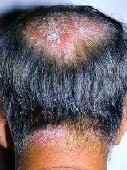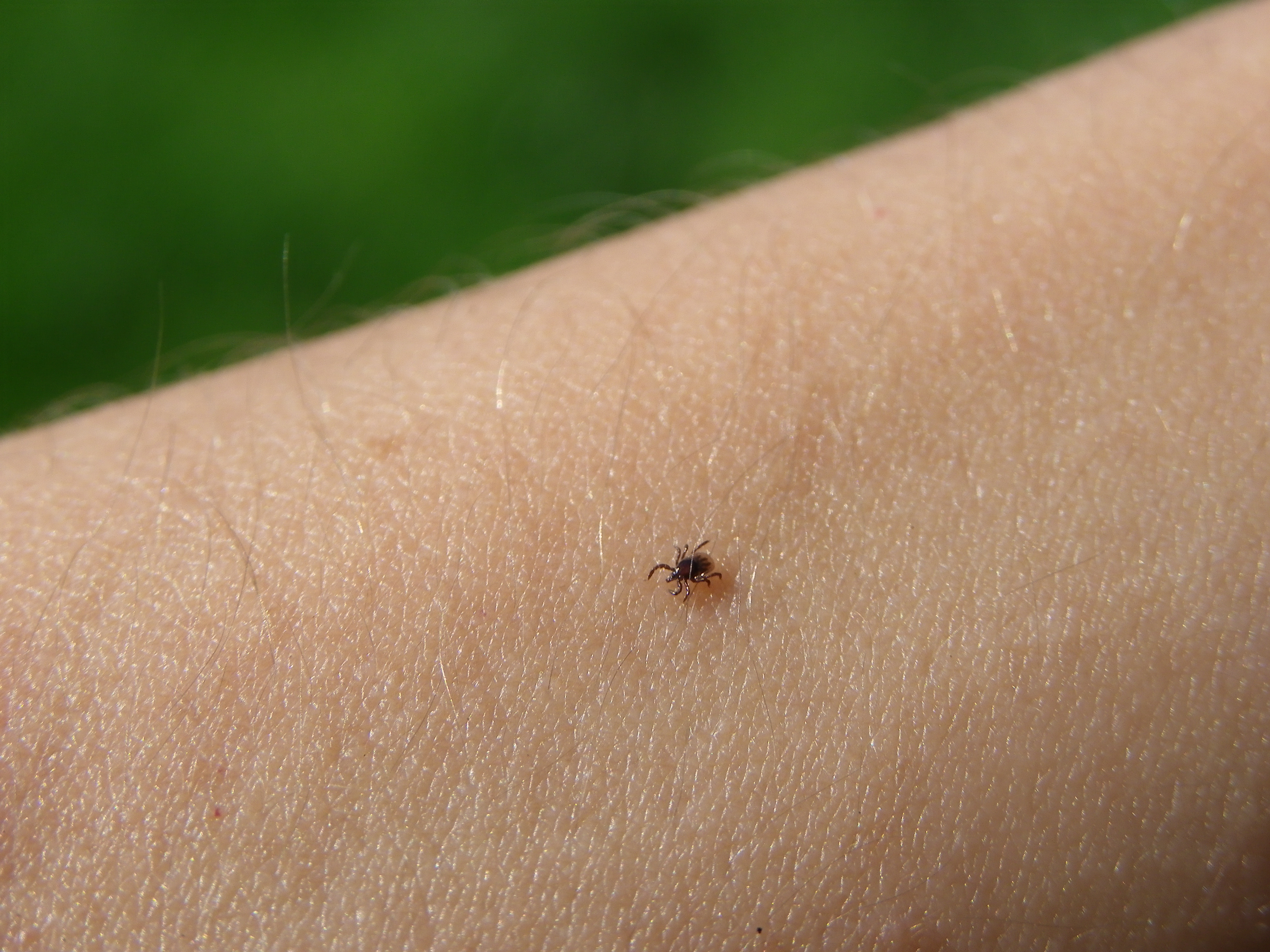
FRIDAY, Oct. 9, 2015 (HealthDay News) — Psoriasis and cold sores top the list of stigmatized skin conditions, a new survey indicates, but experts say much of the ill will directed at sufferers is misguided.
Surveying 56 people, Boston researchers found that nearly 61 percent wrongly thought psoriasis — which produces widespread, scaly red skin lesions — looked contagious, and about nine in 10 said they would pity a person who had it. About four in 10 said herpes simplex, or cold sore, is the most bothersome skin condition.
“We knew from other studies that psoriasis seemed to be more stigmatizing than other skin diseases, [and] we did this study to try to find out why,” said study author Dr. Alexa Kimball, a dermatology professor at Harvard Medical School.
“We suspected that the fact that it looked infectious could be part of the reason people reacted strongly to it, but we didn’t expect that reaction to be as strong as it was,” Kimball said. “This result … provides an obvious opportunity to educate the public about the fact that it can’t be spread.”
The study is published in the September issue of the Journal of the American Academy of Dermatology.
Psoriasis is the most common autoimmune condition in the United States. About 7.5 million Americans suffer from the condition, which is thought to stem from both genetic and environmental triggers, according to the National Psoriasis Foundation.
Meanwhile, cold sores are caused by a virus and typically resolve within days. Affecting millions at any given time, cold sores appear on or near the lips and vary in size. Unlike psoriasis, they are contagious to the touch.
Many skin conditions, including psoriasis and cold sores, have no cure, but medications and other treatments can help calm or shorten symptoms.
For their study, the researchers used an image-based questionnaire at an outpatient dermatology clinic at Massachusetts General Hospital in Boston. Average age of the study participants was 43, and none were allowed to have any self-reported skin condition other than teenage acne. Also, none worked in the health care field.
The participants were asked about their attitudes and opinions toward psoriasis compared with other common skin conditions such as acne; vitiligo (which causes the loss of skin color); atopic dermatitis or eczema (an itchy skin inflammation); rosacea (redness and small bumps on the face); warts; cold sores, and tinea versicolor (a fungal infection causing rash).
Almost half of participants felt upset by images of psoriasis, most often because of the color, thickness and size of lesions. But significantly more were upset by images of cold sores.
Study authors noted, however, that while participants found cold sores and psoriasis to be similarly bothersome, psoriasis may have a greater overall impact because skin lesions are chronic.
“People with psoriasis often tell us they are stared at and asked not to participate in certain activities because of the appearance of their skin,” said Kimball, who is also director of the Clinical Unit for Research Trials and Outcomes in Skin at Massachusetts General.
“This study validated what they describe experiencing,” she added. “It’s important that people understand it’s not contagious — and frankly, it’s a little surprising that it’s so poorly understood, given how many people suffer from this condition.”
Dr. Laura Ferris, director of clinical trials in dermatology at University of Pittsburgh Medical Center, said the new research incorporated “an interesting approach” by showing survey participants photos of the skin conditions involved in the questions.
Ferris said she hopes the research will dispel the myth that persistent skin conditions such as psoriasis, atopic dermatitis and vitiligo are infectious.
“It’s important to realize that of all of the conditions they reported on, none are fatal diseases,” she said. “The study shows the really profound psychological impact of these diseases, and not just in the eye of the person afflicted. It speaks to the importance of good treatments for these diseases.”
More information
The U.S. National Library of Medicine offers more information about a wide variety of skin disorders.
Copyright © 2026 HealthDay. All rights reserved.

